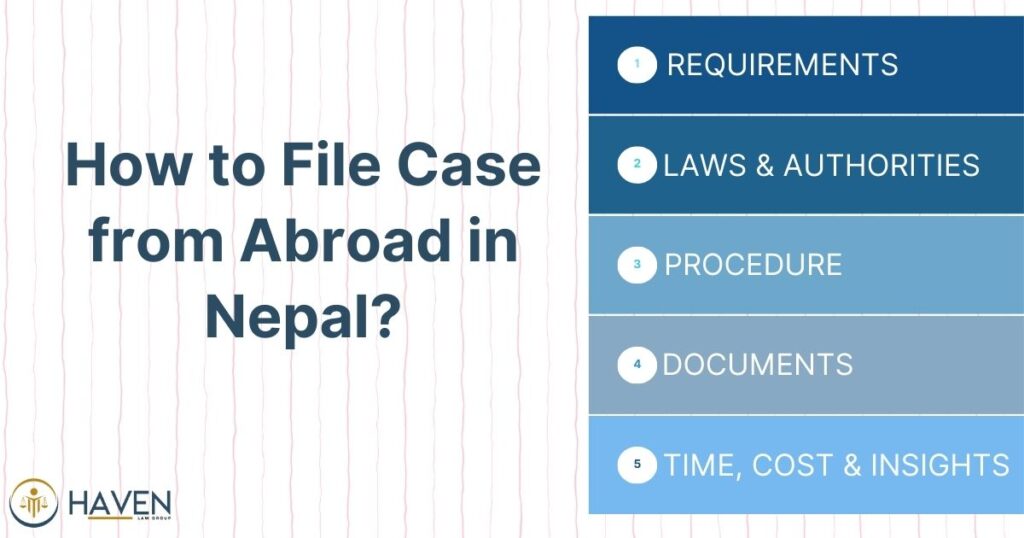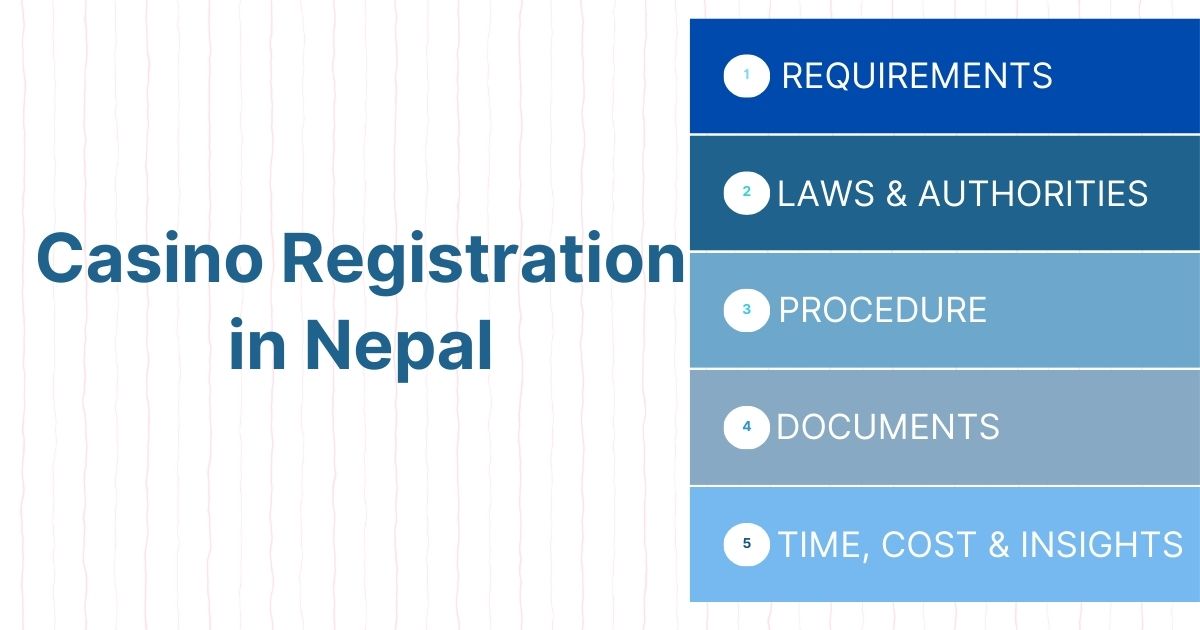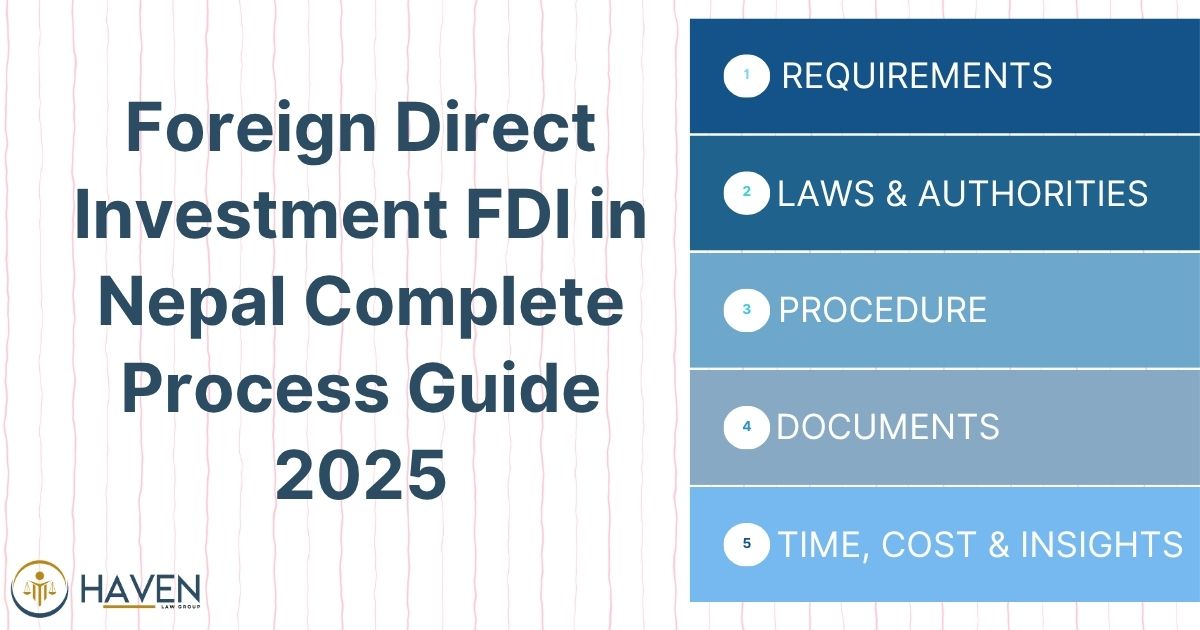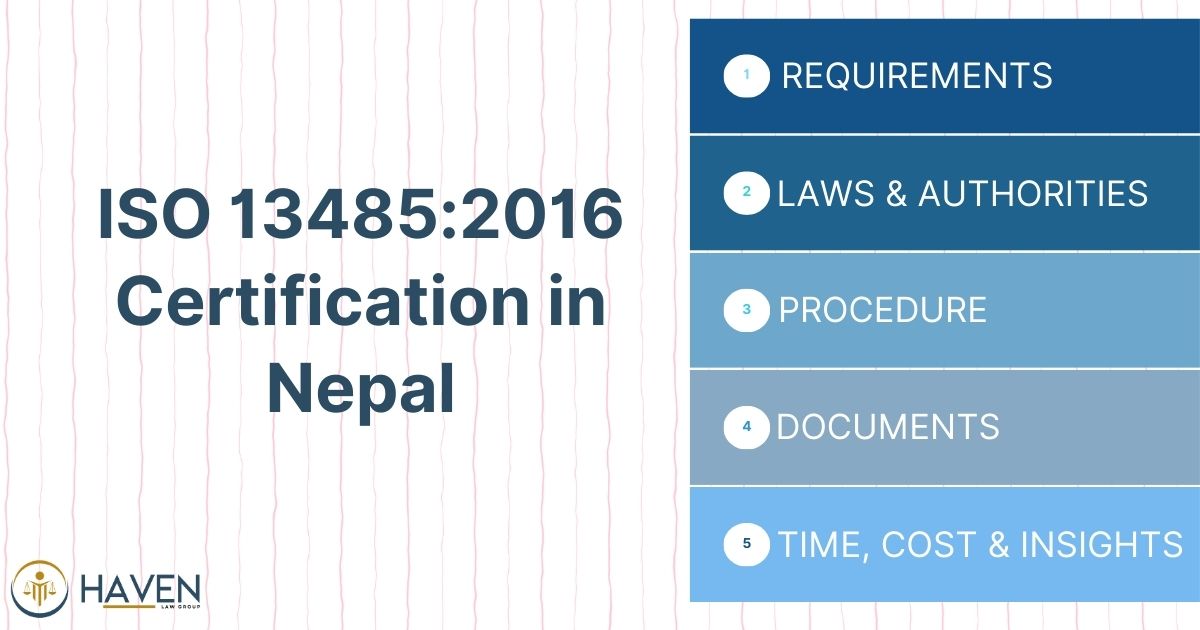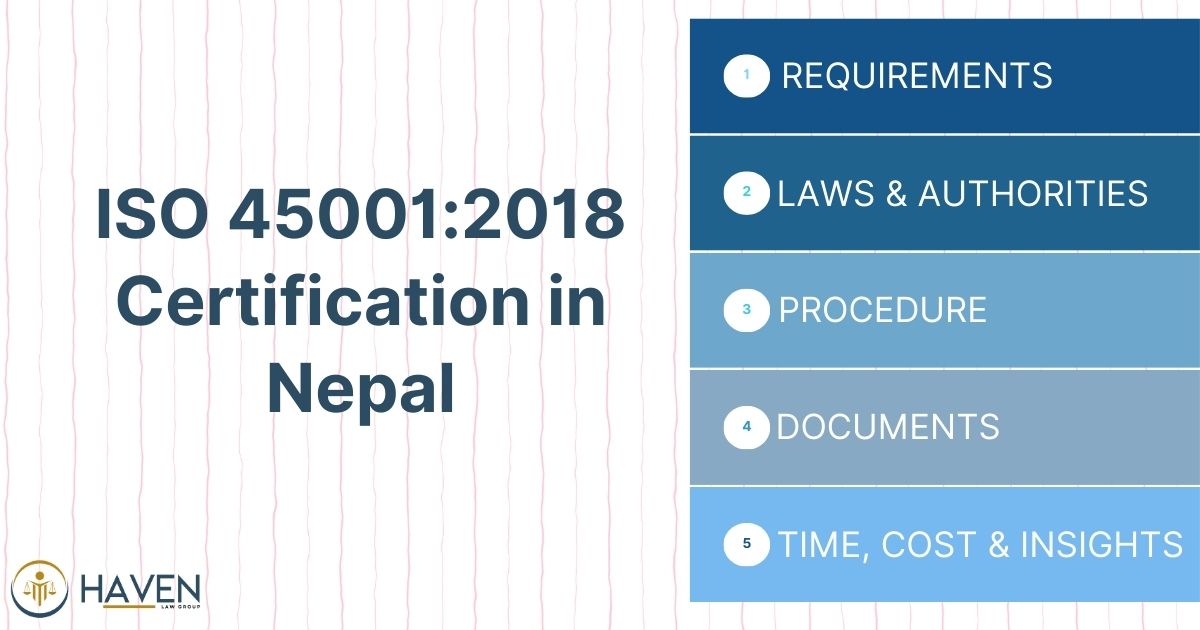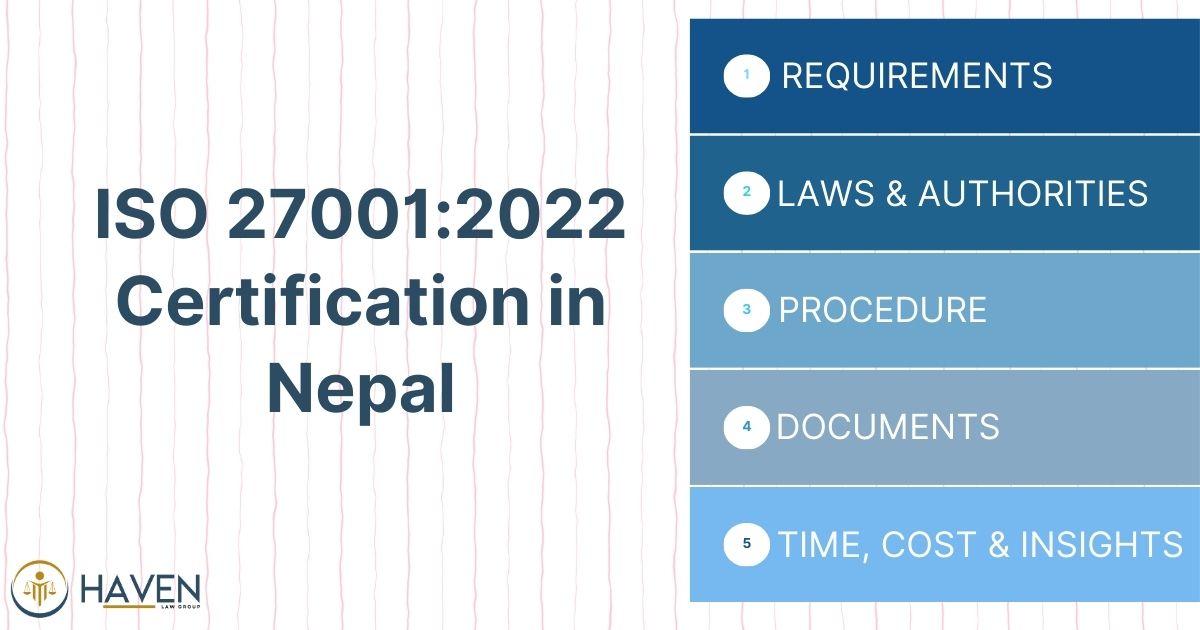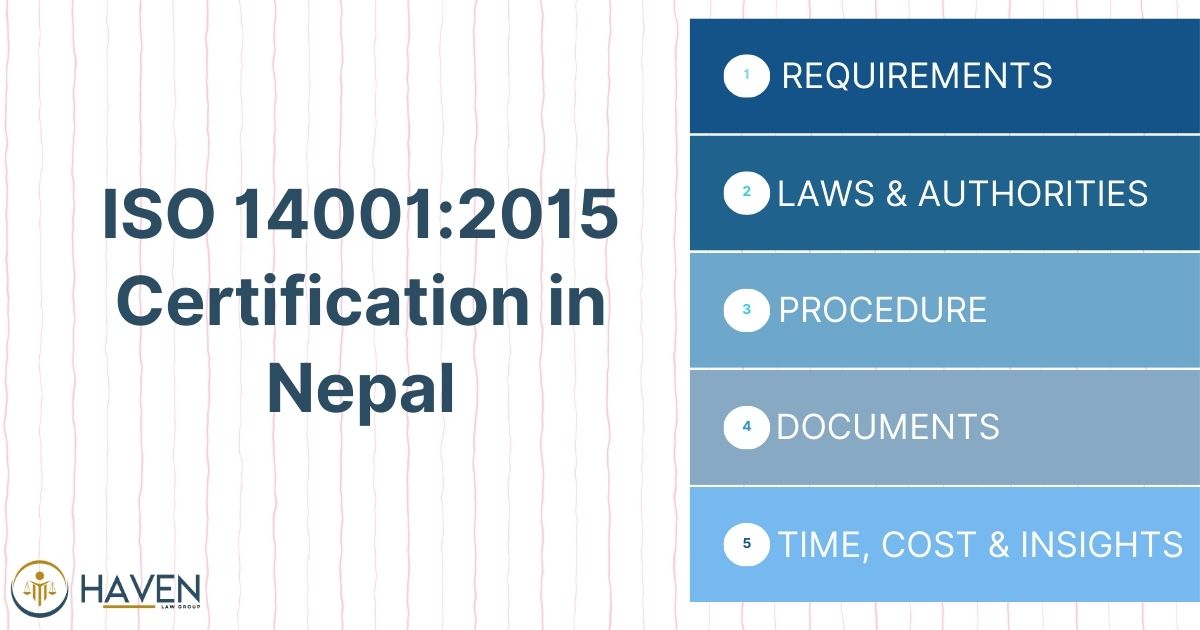Can cases be filed in Nepal from abroad, including the File Case from Abroad process?
Yes, cases can be filed in Nepal from abroad. The Nepali legal system allows individuals residing outside the country to initiate legal proceedings in Nepali courts. This provision ensures access to justice for Nepali citizens living abroad and foreign nationals with legal matters in Nepal. The process to file a case from abroad involves appointing a legal representative in Nepal through a power of attorney.
The representative can then file the case on behalf of the person abroad. However, certain cases may require the physical presence of the plaintiff at some stage of the proceedings. It’s essential to consult with a Nepali lawyer to understand the specific requirements for your case type and jurisdiction when you file a case from abroad.
What is the process to file a case remotely?
The process to file a case remotely in Nepal involves several steps:
- Identify the appropriate court for your case
- Appoint a legal representative in Nepal
- Prepare and notarize a power of attorney document
- Gather all necessary documents and evidence
- Have documents translated to Nepali if in a foreign language
- Notarize and authenticate all documents
- Send documents to your legal representative in Nepal
- Legal representative drafts and files the case petition
- Pay required court fees
- Receive case registration number and hearing date
This process may vary depending on the case type and specific court requirements. It’s crucial to work closely with a qualified Nepali lawyer throughout the process to ensure compliance with all legal procedures and deadlines.
Are power of attorney documents required?
Yes, power of attorney documents are required when filing a case from abroad in Nepal. A power of attorney (POA) is a legal instrument that authorizes another person to act on your behalf in legal matters. For cases filed from abroad, the POA grants your chosen representative in Nepal the authority to file the case, submit documents, and represent you in court proceedings. The POA must be:
- Drafted in accordance with Nepali legal requirements
- Notarized in your country of residence
- Authenticated by the Nepali embassy or consulate in that country
- Translated into Nepali if originally in a foreign language
The POA should clearly specify the scope of authority granted to your representative, including the ability to file the case, make decisions, and receive court notices on your behalf.
How to communicate with a Nepali lawyer from abroad?
Communicating with a Nepali lawyer from abroad can be done through various means:
- Email: Most Nepali lawyers use email for regular communication and document exchange
- Video conferencing: Platforms like Zoom, Skype, or Google Meet for face-to-face discussions
- Phone calls: International calls or internet-based calling apps
- Messaging apps: WhatsApp, Viber, or other secure messaging platforms
- Postal services: For sending original documents when required
When communicating with your Nepali lawyer:
- Establish clear communication protocols at the outset
- Set regular update schedules
- Use secure methods for sharing confidential information
- Keep records of all communications
- Be mindful of time zone differences
- Provide prompt responses to maintain case momentum
Effective communication is crucial for successful case management from abroad. Choose a lawyer who is comfortable with international communication and responsive to your queries.
Can documents be submitted digitally for filing cases?
The Nepali legal system is gradually embracing digital technologies, but the acceptance of digital documents for case filing varies depending on the court and case type. Generally:
- Some courts accept digitally scanned copies of documents for initial filing
- Original or certified copies may be required later in the process
- Electronic signatures are recognized under the Electronic Transaction Act 2063 (2008)
- Certain documents may require physical submission or verification
However, it’s important to note that:
- Digital submissions may not be accepted for all types of cases
- Courts may have specific requirements for digital document formats
- Secure transmission methods may be required for confidential documents
- Digital submissions might need to be followed up with physical copies
Always consult with your Nepali lawyer about the specific requirements of the court where your case will be filed. They can provide up-to-date information on digital submission protocols and ensure compliance with court rules.
Are notarized documents accepted for remote filings?
Notarized documents are generally accepted for remote filings in Nepal, but the requirements can vary depending on the nature of the document and the specific court’s rules. Key points to consider:
- Notarization authenticates the document’s origin and the signer’s identity
- Documents notarized abroad must usually be authenticated by the Nepali embassy or consulate
- Some documents may require apostille certification if the country is a member of the Hague Convention
- Notarized translations of foreign language documents are typically required
- Certain documents may need to be notarized by a Nepali notary public
It’s crucial to:
- Verify the specific notarization requirements for each document
- Ensure notarization is done by a recognized authority in your country
- Follow proper authentication procedures for international documents
- Consult with your Nepali lawyer about any additional court-specific requirements
Properly notarized documents can significantly streamline the remote filing process and enhance the credibility of your case submissions.
What types of cases can be filed from abroad?
A wide range of cases can be filed from abroad in Nepali courts, including:
- Civil cases:
- Property disputes
- Inheritance claims
- Contract disputes
- Divorce proceedings
- Adoption matters
- Criminal cases:
- Filing complaints against offenses committed in Nepal
- Initiating private prosecutions for certain offenses
- Commercial cases:
- Business disputes
- Intellectual property rights violations
- Debt recovery
- Administrative cases:
- Challenging government decisions
- Public interest litigation
- Family law cases:
- Child custody disputes
- Alimony claims
- Guardianship matters
However, some cases may require the plaintiff’s physical presence at certain stages. It’s essential to consult with a Nepali lawyer to understand the specific requirements and limitations for your case type. They can advise on the feasibility of filing and managing your case from abroad.
Is physical presence required during hearings?
The requirement for physical presence during hearings in Nepal varies depending on the nature of the case and the specific court’s rules. Generally:
- Many routine hearings can be attended by your legal representative
- Some critical hearings may require your personal attendance
- Courts may allow video conferencing for certain proceedings, especially post-COVID-19
- Affidavits or written statements may sometimes substitute for personal appearance
Factors influencing the need for physical presence include:
- The complexity of the case
- The need for personal testimony
- Court’s discretion in allowing remote participation
- Specific legal provisions for the case type
If physical presence is required but impossible, options may include:
- Requesting a postponement
- Seeking permission for video conferencing
- Submitting a detailed affidavit in lieu of personal appearance
Always consult with your Nepali lawyer about attendance requirements for your specific case. They can advise on strategies to manage the proceedings effectively from abroad and negotiate with the court for accommodations when necessary.
Are filing fees different for cases from abroad?
Filing fees for cases in Nepal are generally standardized and do not differ based on whether the case is filed from within Nepal or from abroad. However, there are some considerations for those filing from abroad:
- Court fees are typically the same for all filers, regardless of location
- Additional costs may be incurred for document authentication and translation
- International money transfer fees may apply when paying court fees from abroad
- Some courts may require a local representative to pay fees in person
Key points to remember:
- Fee structures vary depending on the type and value of the case
- Fees are usually paid in Nepali Rupees
- Some courts may accept electronic payments, but this is not universal
- Your legal representative in Nepal can handle fee payments on your behalf
It’s advisable to:
- Obtain a detailed breakdown of all fees from your lawyer
- Factor in currency exchange rates and transfer costs
- Ensure timely payment to avoid case delays
- Keep records of all fee payments for future reference
While the base filing fees remain the same, the overall cost of filing from abroad may be higher due to additional logistical expenses. Discuss all potential costs with your Nepali lawyer to budget accurately for your legal proceedings.
How long does it take to file cases from abroad?
The time required to file cases from abroad in Nepal can vary significantly depending on several factors:
- Type and complexity of the case
- Court’s current caseload
- Efficiency of document preparation and authentication
- Responsiveness of involved parties
Typical timeline:
- Appointing a lawyer and preparing documents: 2-4 weeks
- Document authentication and translation: 1-3 weeks
- Drafting and finalizing the case petition: 1-2 weeks
- Submitting the case to the court: 1-3 days
- Initial court processing and registration: 1-2 weeks
Factors that may extend the timeline:
- Delays in obtaining necessary documents from abroad
- Complexities in document authentication processes
- Court holidays or administrative backlogs
- Requests for additional information or clarifications
To expedite the process:
- Prepare all required documents in advance
- Respond promptly to lawyer’s requests for information
- Use expedited services for document authentication where available
- Consider hiring a local representative to handle in-person submissions
While the actual filing can be completed relatively quickly once all documents are in order, the preparatory phase often takes the most time. Maintaining clear communication with your Nepali lawyer and being proactive in document preparation can help streamline the process.
Can settlements be negotiated remotely?
Yes, settlements can be negotiated remotely for cases filed in Nepal from abroad. The Nepali legal system recognizes and encourages alternative dispute resolution methods, including out-of-court settlements. Key points about remote settlement negotiations:
- Can be conducted via video conferencing, phone calls, or email exchanges
- May involve mediation sessions facilitated by a neutral third party
- Require clear communication channels between all parties involved
- Can be formalized through legally binding settlement agreements
Steps in remote settlement negotiation:
- Identify settlement goals and parameters
- Engage in preliminary discussions with the opposing party
- Exchange settlement proposals and counteroffers
- Conduct negotiation sessions via agreed communication methods
- Draft and review settlement terms
- Formalize the agreement through proper legal channels
Advantages of remote settlements:
- Cost-effective compared to prolonged litigation
- Faster resolution of disputes
- Flexibility in scheduling and communication
- Ability to involve international parties more easily
Challenges to consider:
- Potential miscommunications due to lack of face-to-face interaction
- Time zone differences affecting scheduling
- Need for secure platforms for confidential discussions
- Possible delays in document exchanges
To ensure effective remote settlements, it’s crucial to have a skilled Nepali lawyer who can navigate the negotiation process, understand cultural nuances, and ensure that any agreement reached is legally binding and enforceable in Nepal.
How to track case progress from abroad?
Tracking case progress from abroad requires proactive communication and utilization of available resources. Here are effective methods to stay informed about your case in Nepal:
- Regular updates from your lawyer:
- Schedule periodic video or phone conferences
- Request email updates after significant developments
- Establish a system for routine progress reports
- Online case tracking systems:
- Some Nepali courts offer online portals for case status checks
- Access may require case registration numbers and other details
- Court websites:
- Many courts publish hearing schedules and basic case information online
- Check for updates on adjournments or rescheduling
- Local representatives:
- Appoint a trusted individual in Nepal to attend hearings and provide firsthand updates
- Ensure they have the necessary authorization to access case information
- Document management systems:
- Use secure cloud storage to share and access case-related documents
- Implement version control for evolving legal drafts
- Automated alerts:
- Set up email or SMS alerts for important dates and deadlines
- Use calendar reminders for scheduled hearings or submission dates
- Liaison with court clerks:
- Your lawyer can maintain regular contact with court staff for updates
- Some courts may provide information via phone or email upon request
- Periodic case file reviews:
- Request your lawyer to conduct thorough reviews of the physical case file
- This can reveal updates that may not be immediately communicated
By combining these methods and maintaining open lines of communication with your legal representative, you can effectively monitor your case’s progress from abroad and stay informed about important developments.
FAQs
1. Is notarization mandatory?
Notarization is generally mandatory for documents submitted from abroad in Nepali courts. It authenticates the document’s origin and the signer’s identity. Documents must typically be notarized in the country of origin and then authenticated by the Nepali embassy or consulate. Some documents may require apostille certification if the issuing country is a member of the Hague Convention.
2. Can hearings be attended online?
Online attendance for hearings in Nepali courts is becoming more common, especially after the COVID-19 pandemic. However, it’s not universally available for all types of cases or hearings. The court’s discretion, case complexity, and technical capabilities influence the possibility of online attendance. Always consult with your lawyer about the specific options available for your case.
3. Are original documents needed?
Original documents are often required for legal proceedings in Nepal, especially for critical evidence. However, for initial filings, authenticated copies may be accepted. The court may request original documents at later stages of the proceedings. It’s crucial to consult with your Nepali lawyer about specific document requirements for your case type and the particular court handling your matter.
4. Is embassy assistance available?
Nepali embassies and consulates abroad can provide certain types of assistance for legal matters in Nepal. This typically includes document authentication, notarization services, and general information about legal processes. However, they do not provide legal representation or detailed case-specific advice. It’s advisable to contact the nearest Nepali diplomatic mission for information on available services related to your legal proceedings.
5. Are digital signatures valid?
Digital signatures are recognized under the Electronic Transaction Act 2063 (2008) of Nepal. They can be used for various legal and commercial transactions. However, the acceptance of digital signatures in court proceedings may vary depending on the specific court and case type. It’s essential to verify the acceptability of digital signatures for your particular legal matter with your Nepali lawyer and the relevant court authorities.
Can you file a lawsuit from another country?
Yes, you can file a lawsuit from another country. The process involves hiring local representation in the jurisdiction where you’re filing, submitting properly authenticated documents, and following that country’s legal procedures. International lawsuits typically require more time, resources, and understanding of conflict of laws principles.
Can a lawyer from another country represent you?
Generally, no. Lawyers must be licensed in the jurisdiction where the case is being heard. However, you can:
1. Hire a local attorney in the relevant jurisdiction
2. Have your home country lawyer work with local counsel as a consultant
3. In rare cases, a foreign lawyer may appear “pro hac vice” (for this occasion only) with court permission
How do lawsuits work internationally?
International lawsuits involve:
1. Determining proper jurisdiction and applicable law
2. Serving international process according to treaties (often using the Hague Service Convention)
3. Collecting evidence across borders (possibly using the Hague Evidence Convention)
4. Addressing language barriers through certified translations
5. Obtaining judgments that can be enforced in foreign jurisdictions
How can I file a case in Nepal from abroad?
To file a case in Nepal while abroad:
1. Appoint a legal representative in Nepal through a properly notarized power of attorney
2. Have your representative file the case in the appropriate Nepali court
3. Submit necessary documentation through diplomatic channels or via your representative
4. Follow court proceedings remotely, with your lawyer handling in-person appearances
What documents are required to file a case in Nepal from abroad?
Required documents typically include:
1. Notarized and authenticated power of attorney
2. Claim petition detailing your case
3. Supporting evidence (authenticated and translated if not in Nepali)
4. Identification documents
5. Relevant contracts, agreements, or ownership papers
6. Receipt of court fees payment
How much does it cost to file a case in Nepal from abroad?
Costs for filing from abroad include:
1. Court filing fees (typically NPR 500-5,000 depending on case type and value)
2. Attorney fees (approximately NPR 25,000-200,000+)
3. Document authentication costs (NPR 2,000-10,000)
4. Translation expenses if required (NPR 1,000-5,000 per document)
I5. nternational communication and courier expenses

